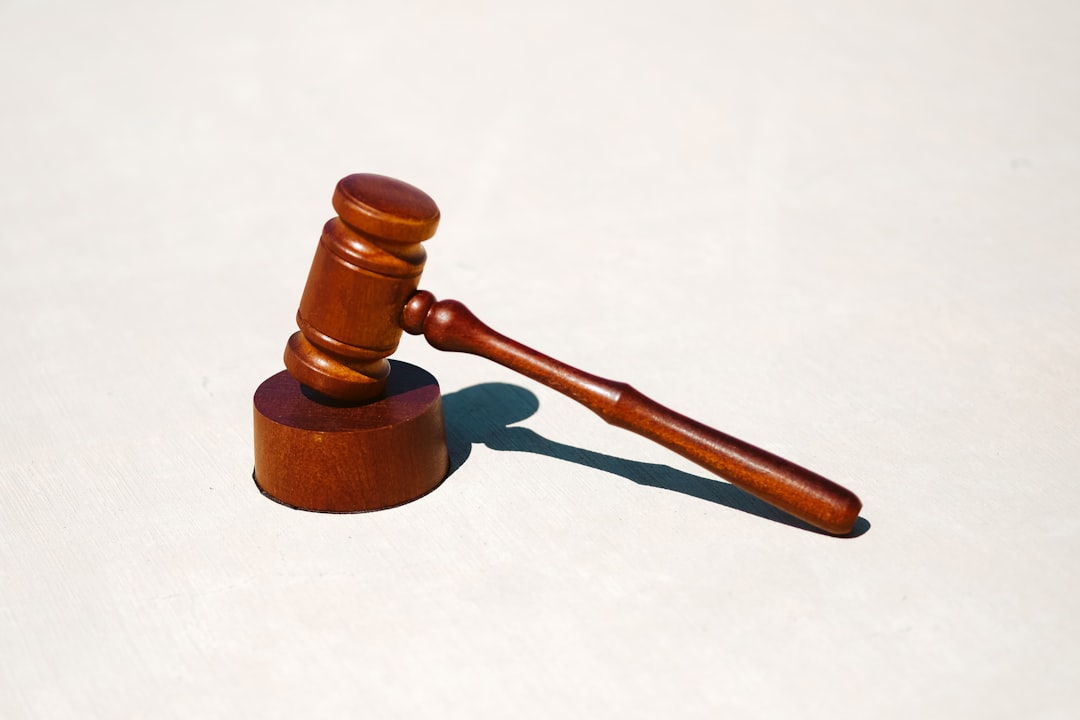In densely populated Massachusetts, robocalls from law firms and scammers have become a major privacy issue. To combat this, residents increasingly use top-rated robocall blocking apps that employ advanced algorithms to identify and block unwanted calls, including those from law firms, thus protecting their time and privacy while ensuring compliance with the state's Do Not Call laws.
In the digital age, robocalls have become a ubiquitous yet unwanted nuisance for Massachusetts residents. These automated calls from telemarketers and scammers not only disrupt daily life but also pose significant risks, particularly for vulnerable populations. To combat this issue, robocall blocking apps have emerged as powerful tools. This article explores effective solutions for Mass. users, focusing on the rise of these apps, top-rated options tailored for law firms, and how they can help protect against unwanted calls while ensuring compliance with Do Not Call laws.
Understanding Robocalls and Their Impact in Massachusetts

Robocalls have become a ubiquitous and often unwanted part of modern communication, especially in densely populated states like Massachusetts. These automated phone calls, typically used for marketing purposes, can be particularly intrusive when they violate people’s privacy by targeting them without consent. In Massachusetts, where there is a strong emphasis on consumer protection, the Do Not Call laws further underscore the state’s commitment to keeping residents’ phone lines free from unwanted solicitations, including robocalls from law firms and other businesses.
The impact of robocalls in Massachusetts extends beyond mere annoyance. They can disrupt daily life, waste valuable time, and even lead to financial losses for unsuspecting users who might fall victim to scams. With the rise of advanced technology, scammers employ sophisticated methods to bypass traditional blocking techniques, making it crucial for Massachusetts residents to leverage robust robocall-blocking apps that offer comprehensive protection against these nuisance calls.
The Rise of Robocall Blocking Apps: A Review for Mass. Residents

In recent years, the surge in robocalls has led to a corresponding rise in popularity for robocall blocking apps among Massachusetts residents. With a growing number of unwanted calls from telemarketers, debt collectors, and even law firms attempting to reach citizens, these applications have become an essential tool for maintaining peace and privacy. Robocall blocking apps are designed to identify and automatically block these nuisance calls, providing users with a sense of control over their communication channels.
For Massachusetts residents facing relentless Do Not Call registry violations from law firm robocalls, these apps offer a much-needed solution. By utilizing advanced algorithms and databases, the best robocall blocking apps can significantly reduce the volume of unwanted legal telemarketing calls. This not only saves users’ time and frustration but also ensures that they remain in compliance with state laws protecting citizens from excessive promotional calls, including those from law firms.
Top-Rated Robocall Blocking Apps for Law Firms in Massachusetts

In today’s digital era, robocalls have become a common nuisance, especially for Massachusetts residents dealing with unwanted calls from law firms. Luckily, top-rated robocall blocking apps offer an effective solution. These applications are specifically designed to navigate the complex landscape of phone call blocking, ensuring that users in Massachusetts can rest assured their phones will be protected from annoying and often fraudulent Do Not Call list violations.
One of the leading apps, for instance, utilizes advanced algorithms to identify and block calls from known spam sources, including law firms. It works by analyzing caller ID data and user feedback to continuously update its blocking lists. Additionally, many popular options allow users to customize their settings, enabling them to block calls from specific numbers or even entire regions, providing Massachusetts residents with ultimate control over their communication.






